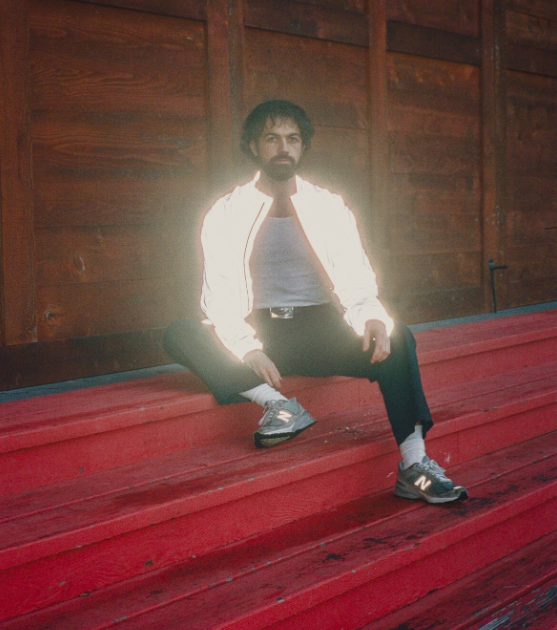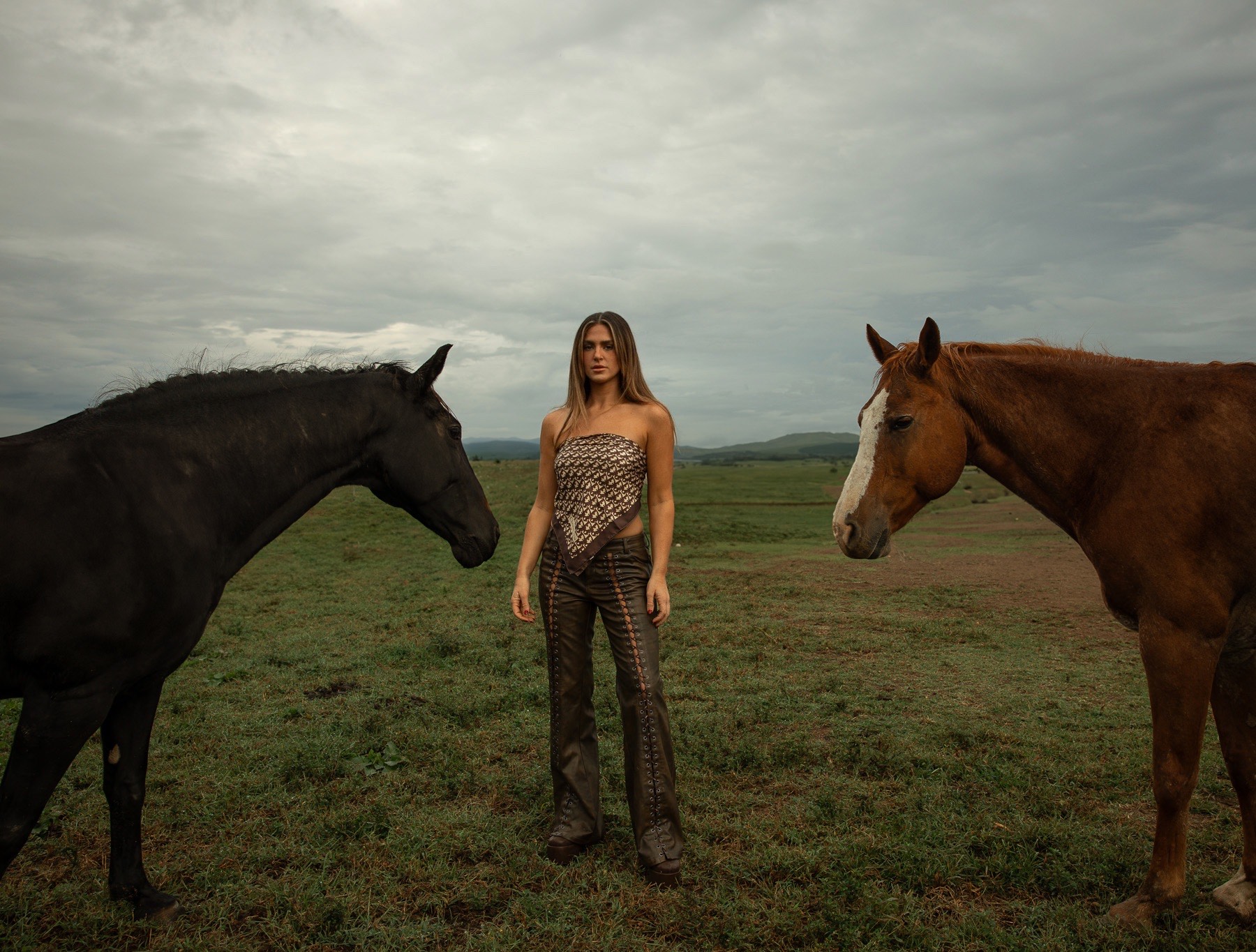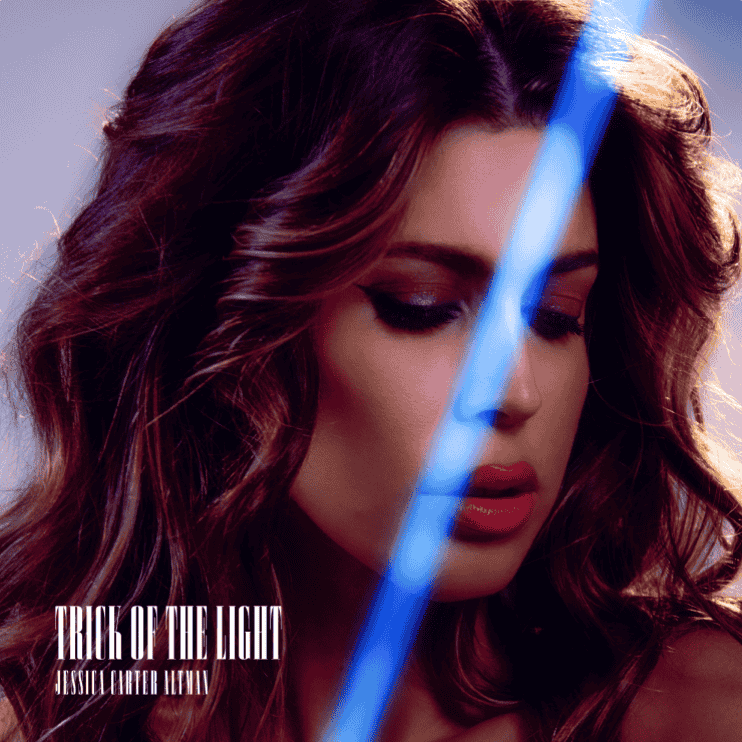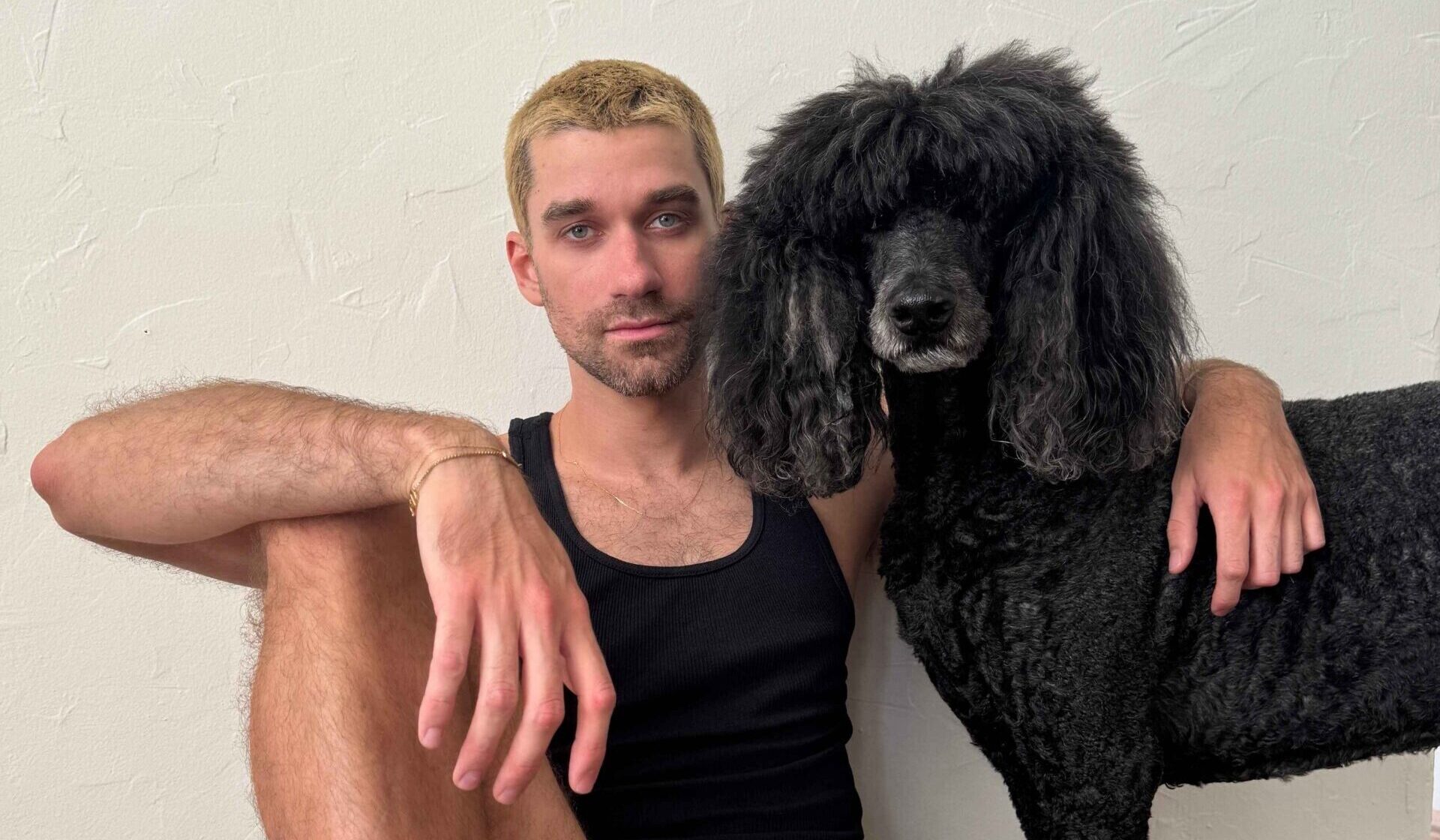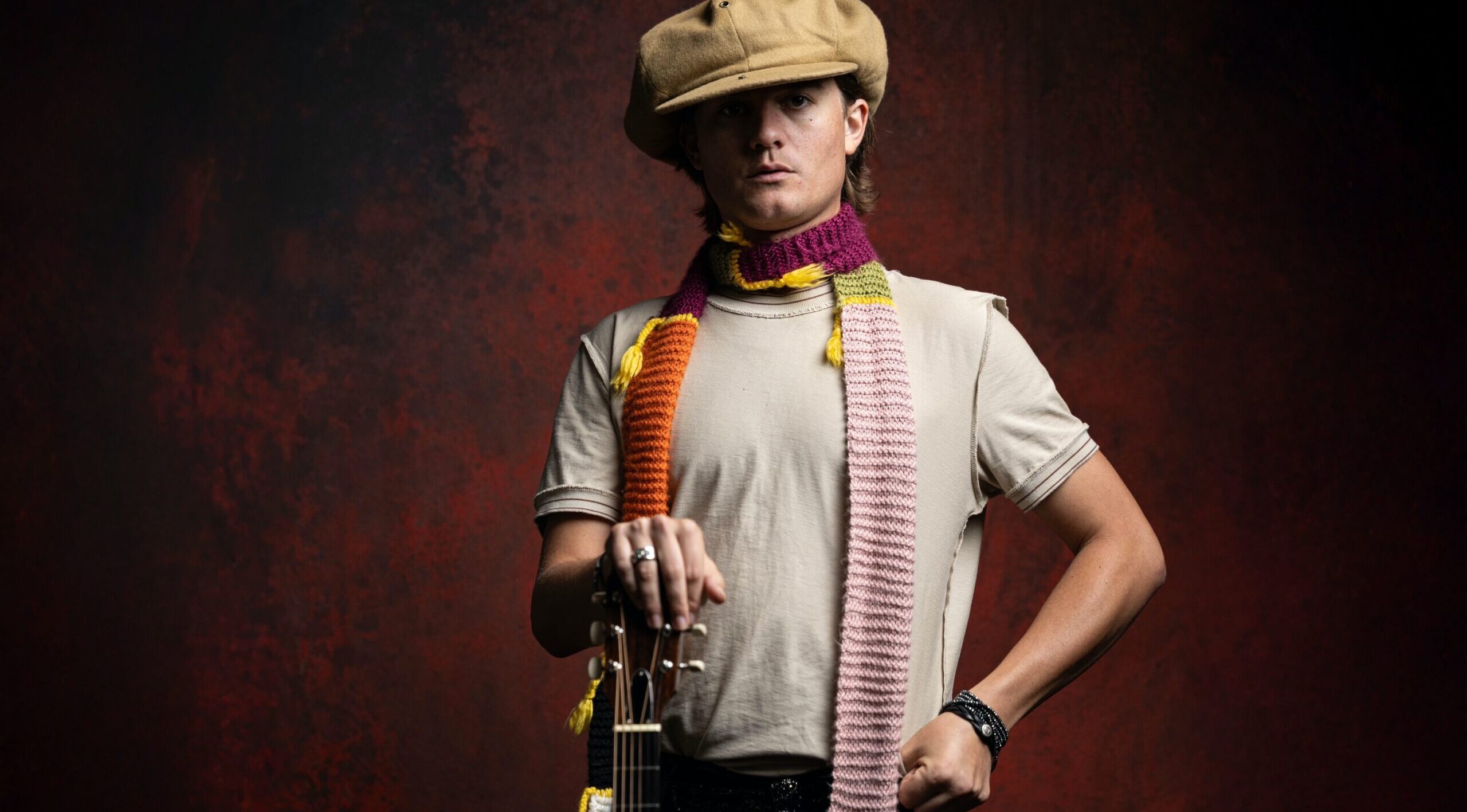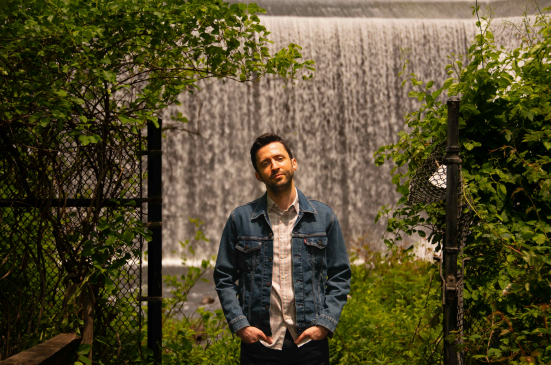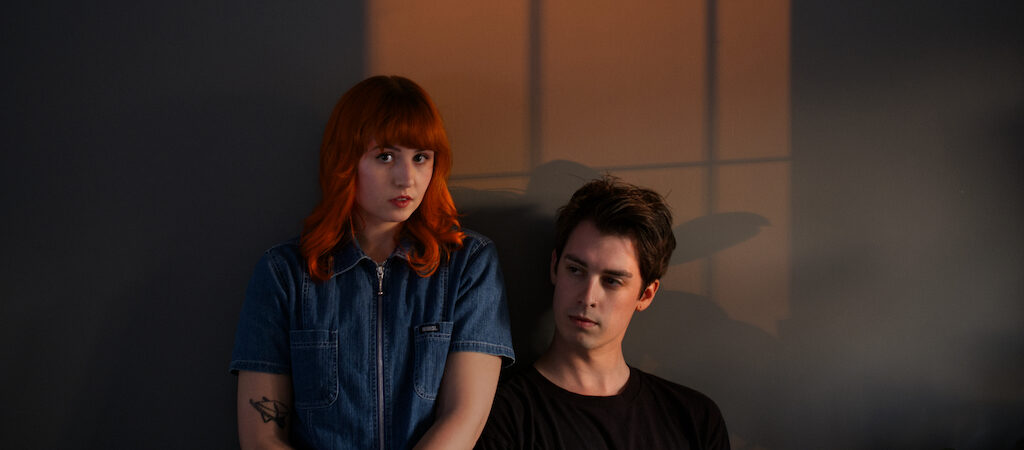At the start of the summer, Canadian dream-pop duo sundayclub released their debut single, “Bannatyne,” via Paper Bag Records — a love letter to the city that shaped their sound. Today, the pair announce their debut EP, Bannatyne, out October 31st, alongside their timely second single, “Halloween Mask.” Formed in the stillness of rural Manitoba, Courtney Carmichael and Nikki St.Pierre started sundayclub as a way of processing […]
